Publications
Articles, publications, books, tools and multimedia features from the U.S. Institute of Peace provide the latest news, analysis, research findings, practitioner guides and reports, all related to the conflict zones and issues that are at the center of the Institute’s work to prevent and reduce violent conflict.
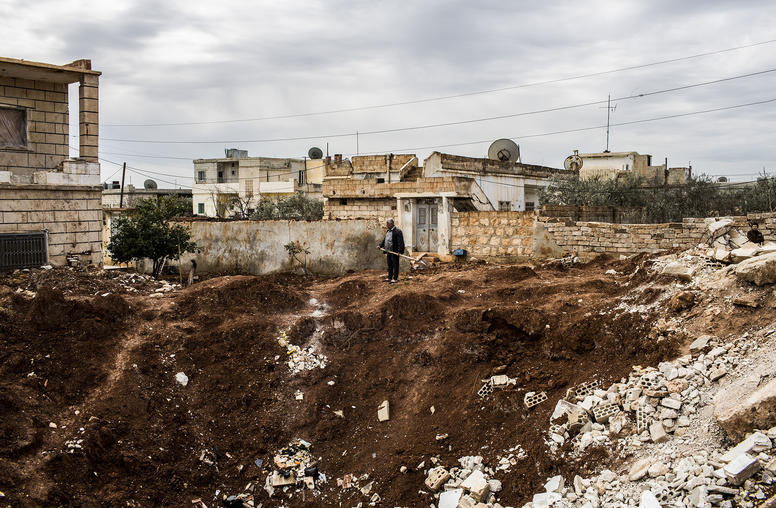
Syria’s Ghalia Rahal: Surviving War, Building Peace
Amid the traumas of Syria’s war, women like Ghalia Rahal are building an unprecedented role in peace talks over their country’s future. Rahal—the founder of a network of women’s centers in northwest Syria—has helped energize a Syrian women’s movement despite threats from extremists, attacks on her workplaces, and the assassination of her son, a journalist. Now, Rahal and her women’s network in Syria’s Idlib Province face an extreme threat—the Syrian government military offensive against the province that has killed hundreds and displaced nearly 200,000 people.
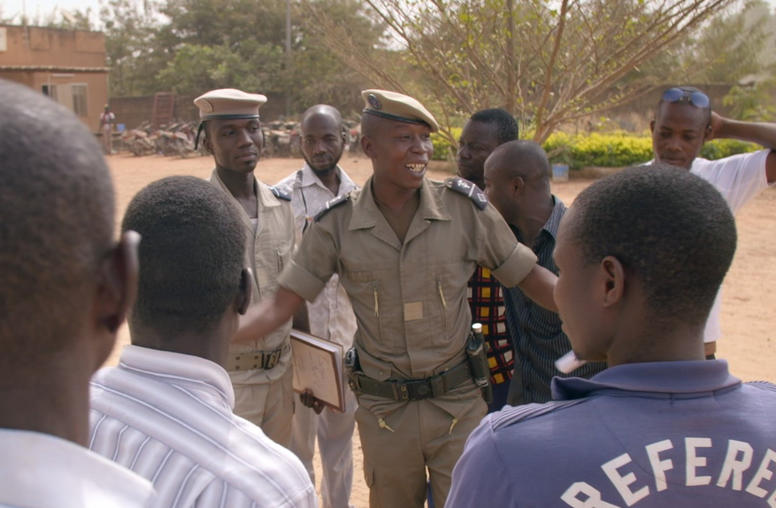
Amid Rising Sahel Violence, Burkina Faso Builds a Response
A perfect storm of violence is breaking upon Africa’s Sahel. Since late 2018, communal conflicts—many over access to food, water or productive land—have produced thousands of deadly attacks. Across the region, nearly 4,800 people died in conflicts from November to March, according to the violence-monitoring group ACLED. The greatest surge in bloodshed is in Burkina Faso, where communal militias or religious extremists killed 500 people over five months. But amid the dire headlines, governments and civic groups in Burkina Faso and other Sahel countries cite progress in stabilizing communities with a basic step that simply has seldom been undertaken: broad, local dialogues among community groups, police forces and officials. Community leaders and government officials say they are now expanding those dialogues to improve national security policies to help counter the tide of violence.
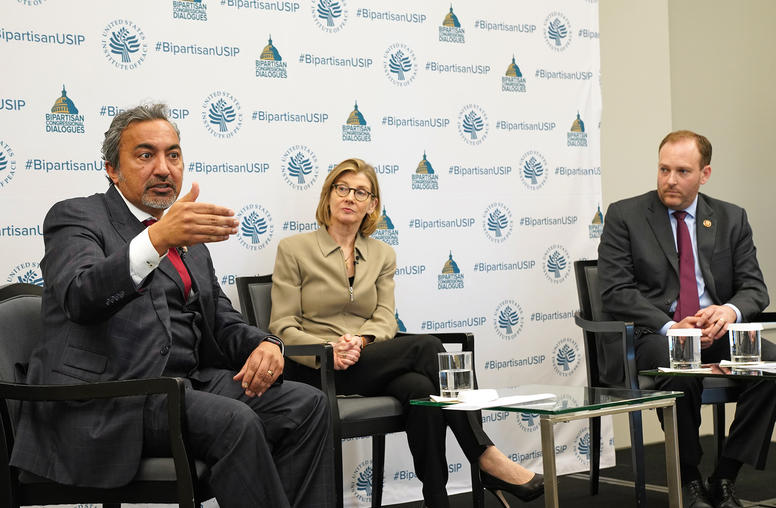
Congressional Oversight for Effective Foreign Policy
As leaders of the House Foreign Affairs Committee’s new panel on oversight and investigations, Representatives Ami Bera (D-CA) and Lee Zeldin (R-NY) agreed that examining the nuts and bolts of diplomacy and development work is a critical—and often unfulfilled—job for Congress.
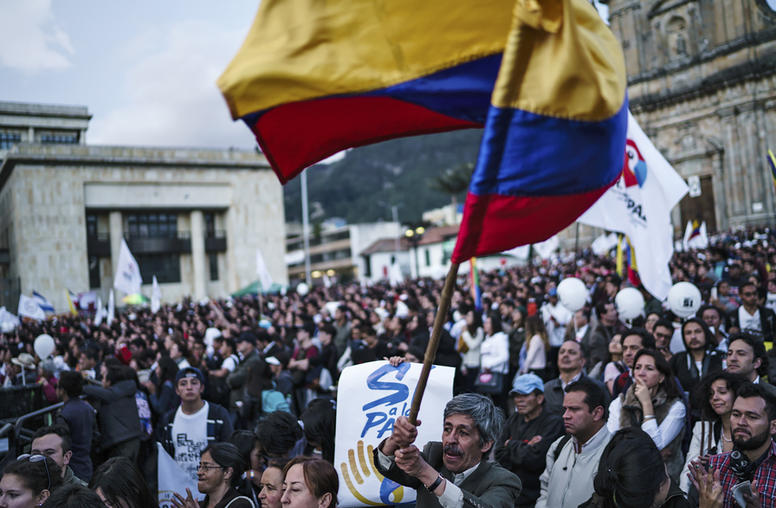
Colombia Lawmakers Debate Peace Deal Challenges
The peace accord that halted a half-century of violent conflict in Colombia has reached a critical juncture. With the population almost evenly split over the terms of the 2016 agreement and a new government led by the party that opposed it, analysts and political figures see sustainable peace as increasingly endangered.
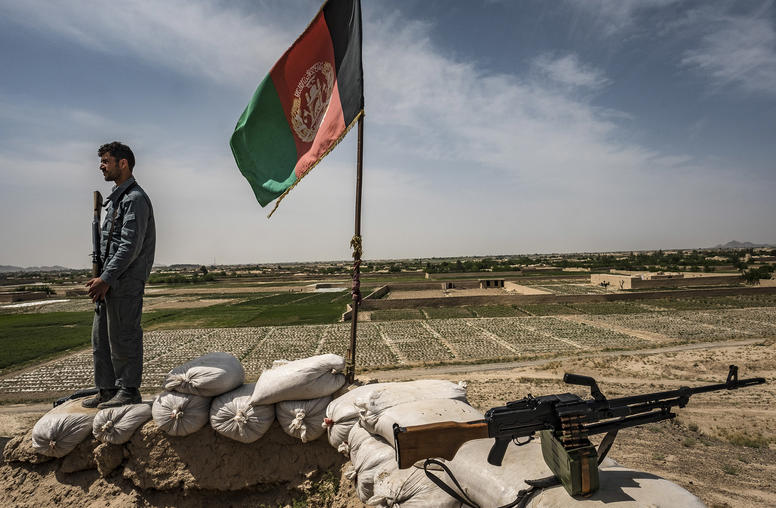
Afghanistan Cannot Afford Another Government Breakdown
Afghanistan is on uncertain terrain this year. Along with scheduled presidential and other elections and a nascent peace process, the possibility of withdrawal of international troops, worsening security, and an economic downturn loom heavily over the country. In this critical moment, government failure would make peace and political stability even harder to achieve let alone sustain. How can basic government functioning be maintained during this challenging period?
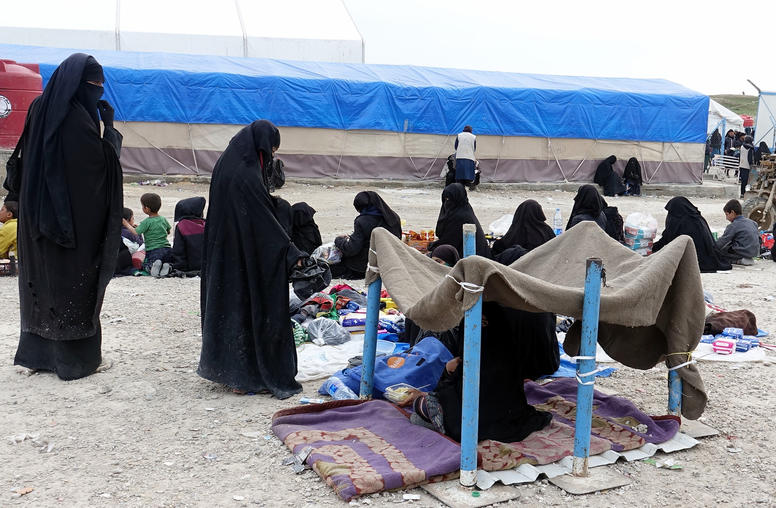
A Visit to Post-ISIS Syria: Human Crises Pose Risk
After losing its last territory in Syria on March 23, 2019, the Islamic State quickly reclaimed global attention with the Easter bombings in Sri Lanka on April 21 and a video tape of its reclusive leader, Abu Bakr al-Baghdadi, on April 29. The jihadi movement is now shifting focus to its ISIS branches, or “provinces,” in Africa, Asia and Europe. Baghdadi signaled ISIS’s expansion by formally embracing two Sunni extremist groups in Mali and Burkina Faso. But the Islamic State’s human core—more than 100,000 fighters and their families, including children—remains clustered in the rubble of its former “caliphate” in both Syria and Iraq. In Syria, they are detained in makeshift prisons, a hospital and refugee-style camps in the desert of northeastern Syria. USIP Senior Fellow Robin Wright made a rare tour of northeastern Syria to interview men and women who were part of the ISIS caliphate and to assess the risks posed by the post-caliphate crisis.
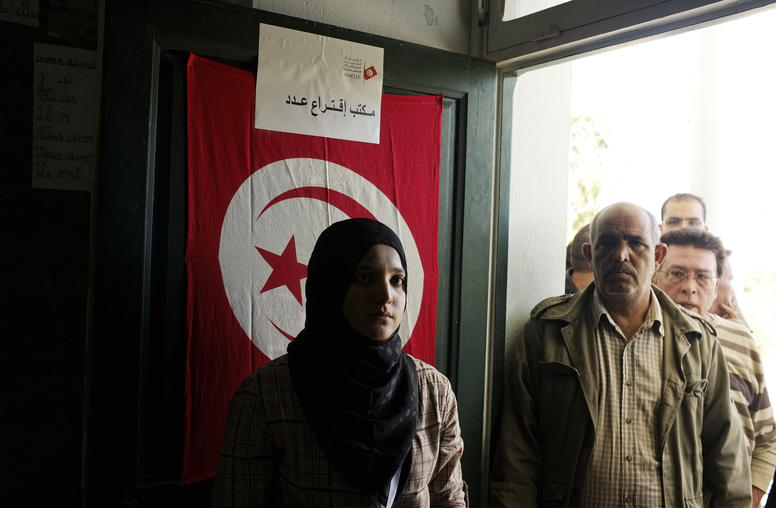
Amid North Africa’s Turmoil, Tunisia’s Steady Transition Moves Forward
From Algeria to Libya to Sudan, North Africa has been roiled by protests and fighting in recent months not seen since the 2011 Arab uprisings. Those uprisings were sparked in Tunisia, which has continued a steady, if uneven, democratic transition in the years since. Despite the challenges posed by this regional turmoil, the small Mediterranean nation must continue to focus on domestic problems, said Tunisia’s defense minister, Abdelkarim Zbidi, this week at the U.S. Institute of Peace. What happens in Tunisia in the years to come will be important for the entire region.
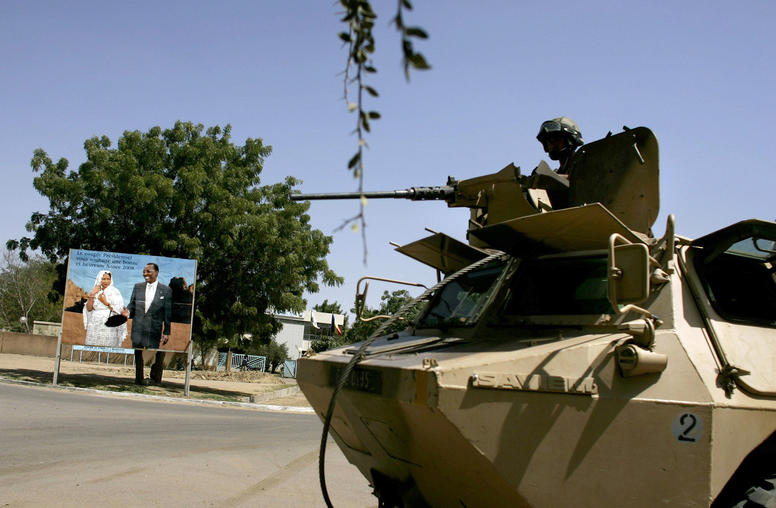
Chad, and Darfur, After Bashir
The politics of the Central African nation of Chad are closely connected with those of Sudan, most prominently because of Darfur, the vast and troubled Sudanese region which borders Chad to the east. The recent fall of Sudan’s president Omar al-Bashir—in power since 1989—raises questions about the future of Chad’s president and U.S. ally, Idriss Déby, beset by similar governance challenges and in power since 1990. Jérôme Tubiana, co-author of a 2017 USIP report on Chad, and USIP’s Aly Verjee discuss the implications of political change in Sudan for Chad.
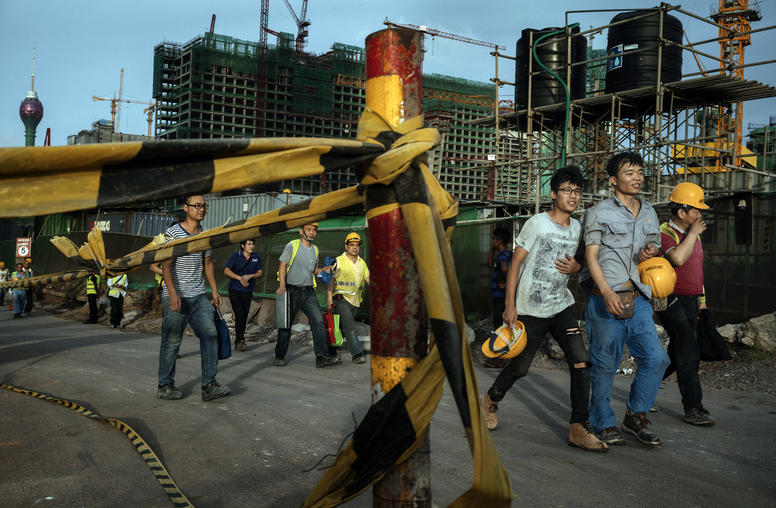
Where Does China’s Belt and Road Initiative Stand Six Years Later?
Few projects illustrate the risks of China’s Belt and Road Initiative (BRI) better than the Hambantota port in Sri Lanka. In 2017, unsustainable debt loads drove Colombo to give China a 99-year lease and controlling equity stake in the Hambantota port, while local communities protested the loss of sovereignty and international observers worried about China’s strategic intentions. The Hambantota case may be an outlier, but it has become a “canary in the coalmine,” and a warning sign to other BRI participants about what their future may hold. Increasingly, countries around the world are taking steps to reassert their influence over BRI projects—and Beijing has taken note.
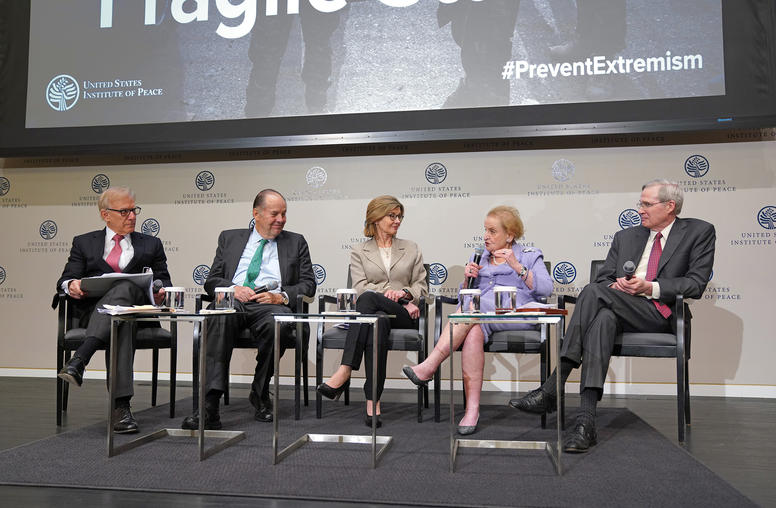
Fragile States and Violent Extremism: New Ideas for a Policy of Prevention
On April 21, suicide bombers in Sri Lanka reminded the world that the end of the Islamic State’s “caliphate” by no means marked the defeat of violent extremism. Indeed, despite trillions of dollars spent and tens of thousands of lives lost, terrorism is spreading. The urgency of checking the ideology behind terrorism, particularly where the ground for it is most fertile, has never been greater, said members of the Task Force on Extremism in Fragile States this week at the U.S. Institute of Peace.